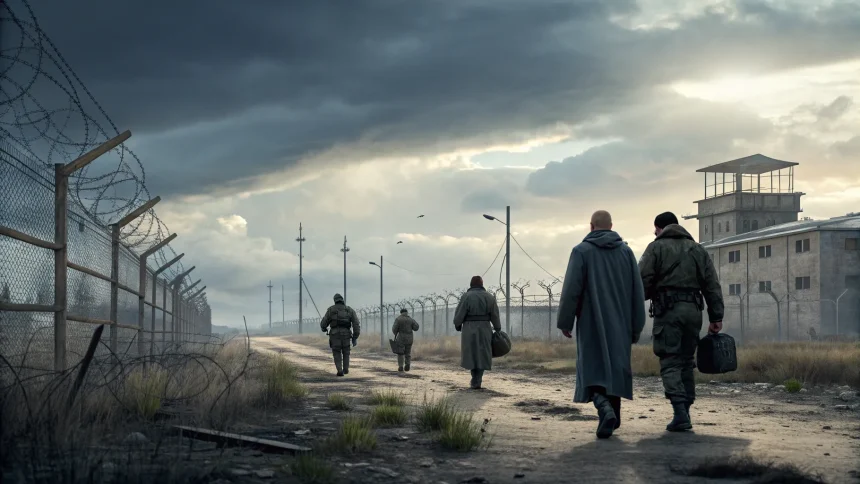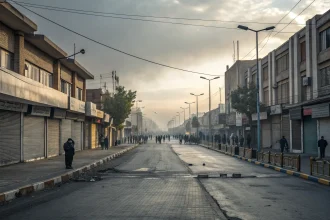Hamas released the last remaining Israeli hostages from Gaza on Monday, marking a significant development in efforts to end the two-year conflict that has devastated the Palestinian territory.
The release represents a critical turning point in the prolonged hostage crisis that has been a central issue in the ongoing war between Israel and Hamas. This final transfer of captives could potentially accelerate peace negotiations that have stalled repeatedly throughout the conflict.
According to reports, the hostage release was carried out under security arrangements that had been negotiated through international mediators. The freed Israelis are expected to undergo medical evaluations and psychological support before reuniting with their families.
Background of the Hostage Crisis
The hostage situation began during the outbreak of hostilities two years ago when Hamas militants captured Israeli civilians and military personnel. Throughout the conflict, hostage releases have occurred in stages, often as part of temporary ceasefires or prisoner exchanges.
International organizations and several countries have been involved in negotiation efforts, applying diplomatic pressure on both sides to resolve the hostage situation. The captivity of Israeli citizens has been a major obstacle to achieving a lasting ceasefire.
Family members of the hostages have organized numerous demonstrations and campaigns to keep public attention focused on their loved ones’ plight, maintaining pressure on the Israeli government to prioritize their safe return.
Implications for Peace Process
The release of the final hostages removes a critical barrier to peace negotiations. Israeli officials have consistently stated that the return of all hostages was a non-negotiable condition for any permanent ceasefire agreement.
Regional analysts suggest this development could lead to a breakthrough in the stalled peace process. “The hostage issue has been one of the most emotionally charged aspects of this conflict,” noted a Middle East security expert. “With this resolved, there’s potential for more substantive discussions about ending the fighting.”
Palestinian authorities have indicated willingness to engage in broader ceasefire talks following the hostage release, though significant challenges remain regarding border security, reconstruction efforts, and political governance in Gaza.
Humanitarian Situation in Gaza
The two-year conflict has created a dire humanitarian crisis in Gaza. Infrastructure damage is widespread, with hospitals, schools, and residential areas suffering extensive destruction. Basic services including electricity, clean water, and medical care remain severely limited.
Aid organizations have struggled to deliver essential supplies due to security concerns and restrictions on movement. The United Nations has repeatedly called for increased humanitarian access to address the needs of Gaza’s civilian population.
The economic impact has been equally severe, with unemployment rates soaring and food insecurity affecting a large percentage of Gaza residents. Rebuilding efforts will require substantial international funding and cooperation between all parties.
With the hostage situation now resolved, humanitarian organizations hope access to Gaza will improve, allowing for expanded relief operations and the beginning of reconstruction efforts in the most damaged areas.
As diplomatic efforts intensify following this development, regional leaders and international mediators face the challenge of translating this moment into lasting stability. The coming weeks will be critical in determining whether the release of the final hostages truly marks the beginning of the end for this devastating conflict.









